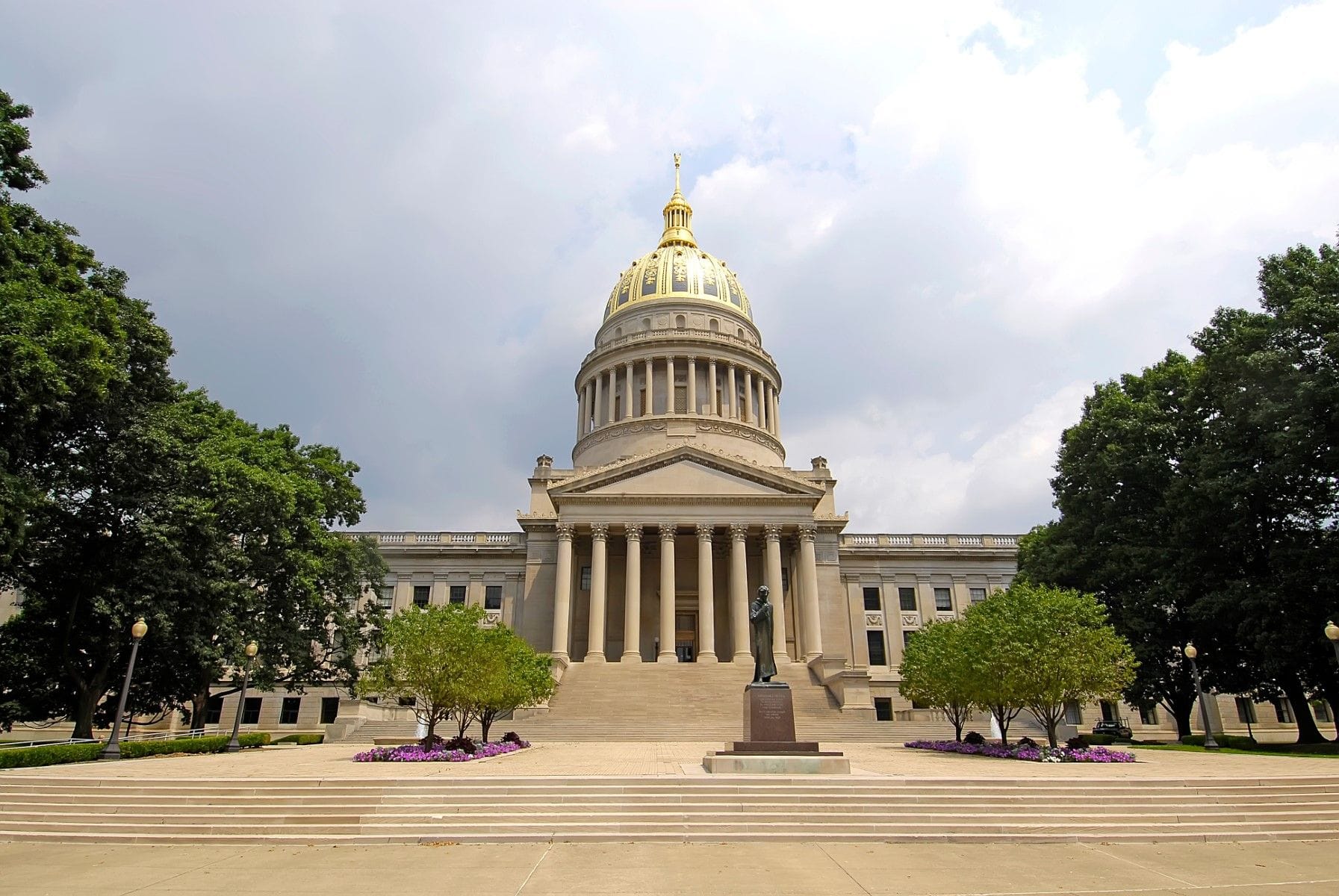Expert Witness Compensation Rules in West Virginia
Expert witness compensation in West Virginia is governed by statutes and procedural rules that ensure fair payment while maintaining judicial integrity.
Updated on
In this article
What Are the Rules Governing Expert Witness Compensation in West Virginia?
The compensation of expert witnesses in West Virginia is regulated by a combination of statutory provisions, procedural rules, and case law. These legal frameworks ensure that expert witnesses are fairly remunerated for their specialized knowledge while maintaining the integrity of the judicial process. Compensation rules are primarily guided by the West Virginia Code §55-7B-7 and the state's Rules of Civil Procedure, which provide detailed guidelines on the payment and expectations of expert witnesses in legal proceedings.
Understanding West Virginia Code §55-7B-7: Payment Guidelines for Expert Witnesses
West Virginia Code §55-7B-7 is a crucial statute that outlines the payment guidelines for expert witnesses. This section falls under the Medical Professional Liability Act, which is specifically relevant to cases involving medical experts. The statute mandates that expert witnesses are entitled to reasonable compensation for the time spent in preparation, deposition, and court testimony. The determination of what constitutes "reasonable compensation" is based on several factors, including the expert's credentials, the complexity of the case, and the time required to prepare and deliver testimony.
Furthermore, the statute emphasizes that compensation should reflect the customary rates for similar services within the expert's field. This provision ensures that the compensation aligns with industry standards, thereby attracting qualified professionals to provide expert testimony. The legal framework also aims to prevent exorbitant fees that could potentially bias the judicial process.
Fee Provisions in West Virginia Rules of Civil Procedure
The West Virginia Rules of Civil Procedure further elaborate on the compensation and handling of expert witnesses. Rule 26(b)(4) specifically addresses the discovery of expert testimony, including the payment for depositions and reports. According to this rule, a party may be required to pay a fee for an expert's time spent in responding to discovery requests, such as depositions or written reports.
Key provisions include:
- Depositions and Discovery Costs: Parties seeking discovery from an expert witness must bear the costs associated with the expert's deposition. This includes reasonable fees for the time spent during the deposition process.
- Limitations on Fees: The court has the discretion to determine whether the fees requested by an expert witness are reasonable. If a dispute arises over compensation, the court may intervene to ensure fairness.
These provisions aim to balance the need for expert insights with the financial realities of litigation, preventing the cost of expert testimony from becoming a prohibitive factor in accessing justice.
Distinction Between Retained Experts and Treating Physicians Regarding Compensation
In West Virginia, a distinction is made between retained experts and treating physicians when it comes to compensation. Retained experts are specifically hired to provide testimony and are often compensated at a higher rate due to their specialized role. Their compensation is negotiated based on their expertise, the complexity of the testimony, and market rates.
Conversely, treating physicians, who may be called to testify about their observations and treatment of a plaintiff, are generally compensated differently. Their fees are typically limited to the cost of time spent away from their practice to testify, rather than a negotiated fee for expert analysis. This distinction is crucial, as it affects both the cost of litigation and the availability of relevant testimony.
Practical Tips for Structuring Expert Witness Fee Agreements in West Virginia
When engaging expert witnesses in West Virginia, it is essential to structure fee agreements thoughtfully to ensure clarity and fairness for both parties. Here are some practical tips for creating effective fee agreements:
- Define Scope of Work: Clearly outline the specific tasks the expert will perform, including preparation, deposition, and court testimony. This helps set expectations and limits the potential for disputes over time and compensation.
- Establish Hourly Rates: Specify the hourly rate for various services, distinguishing between preparation time, deposition, and court appearances. This transparency helps both parties understand the cost implications.
- Incorporate Payment Terms: Include payment schedules, such as upfront retainer fees or milestone payments, to ensure timely compensation for the expert's services.
- Address Additional Costs: Clearly state any additional expenses that may be incurred, such as travel, lodging, or materials needed for the expert’s analysis. This prevents misunderstandings regarding total costs.
- Include Cancellation Policies: Establish terms for cancellation or rescheduling of depositions and court appearances, including any fees associated with last-minute changes.
- Review Market Rates: Research and reference customary compensation rates within the expert’s field to ensure that the fees are reasonable and competitive.
- Consult Legal Counsel: Before finalizing the fee agreement, consider having legal counsel review the document to ensure compliance with relevant laws and regulations, as well as to protect both parties' interests.
By following these tips, attorneys and expert witnesses can create clear and equitable fee agreements that facilitate smooth collaboration throughout the legal process.


